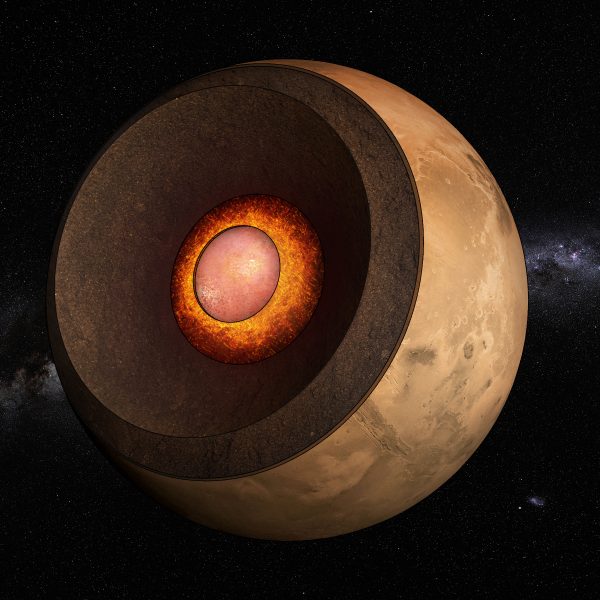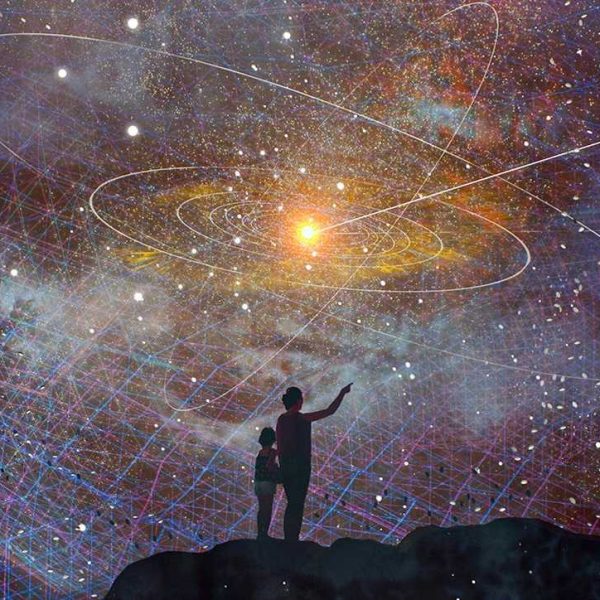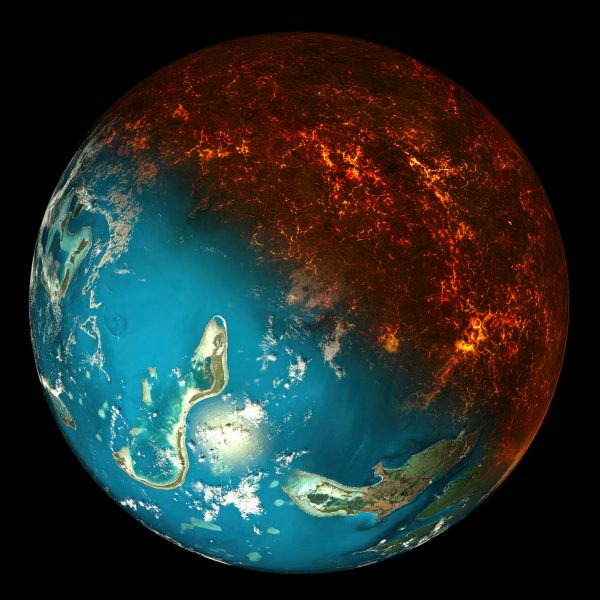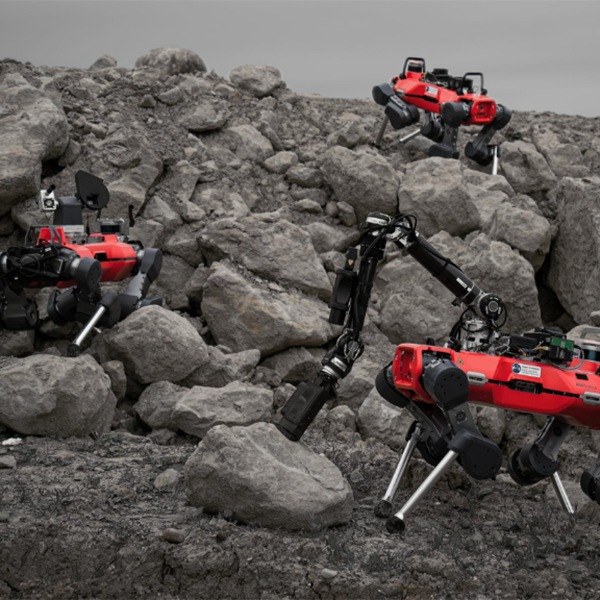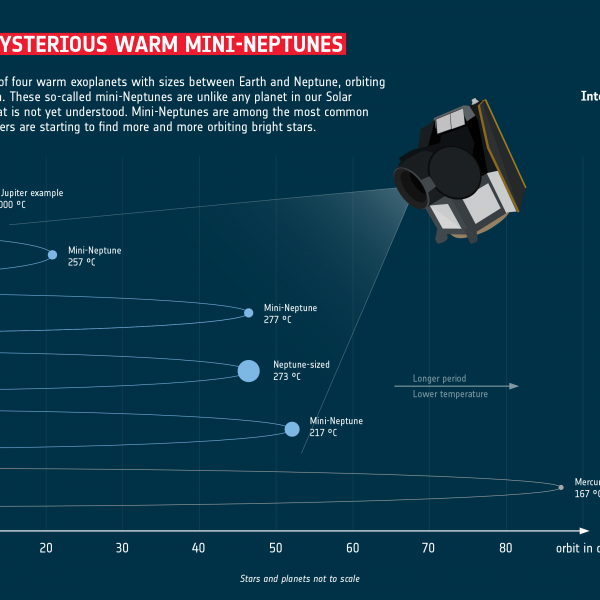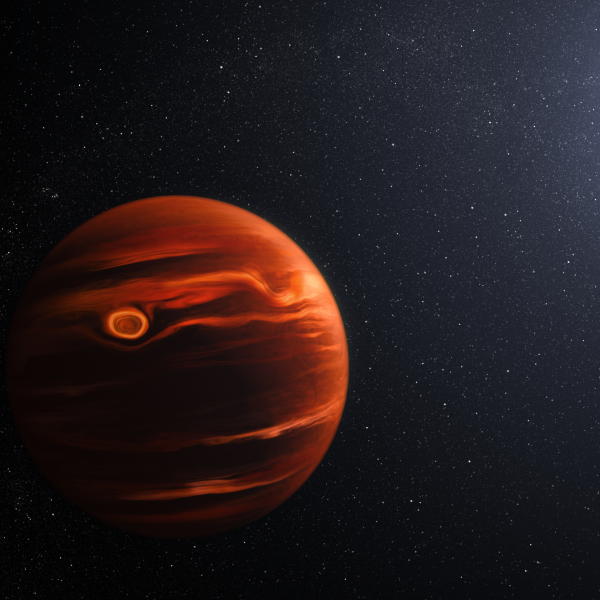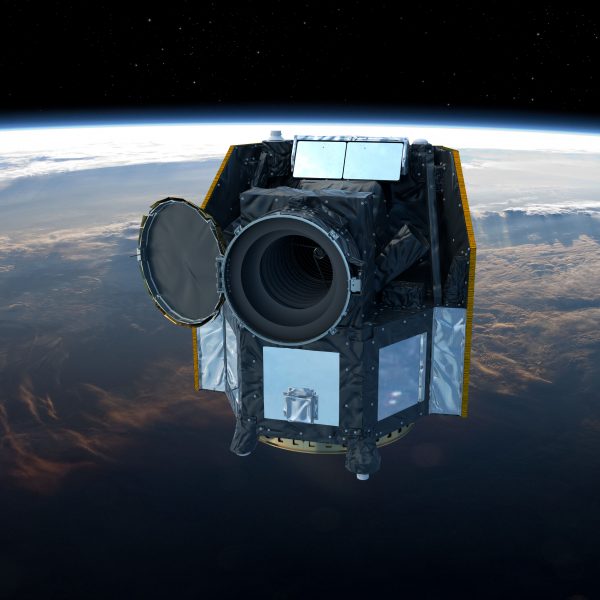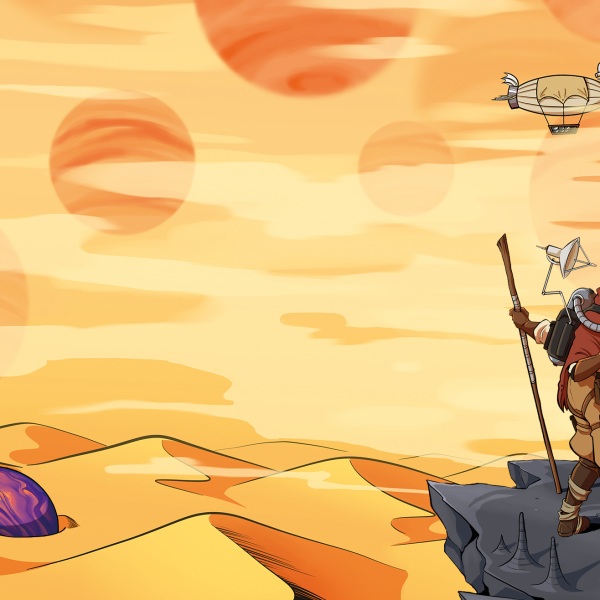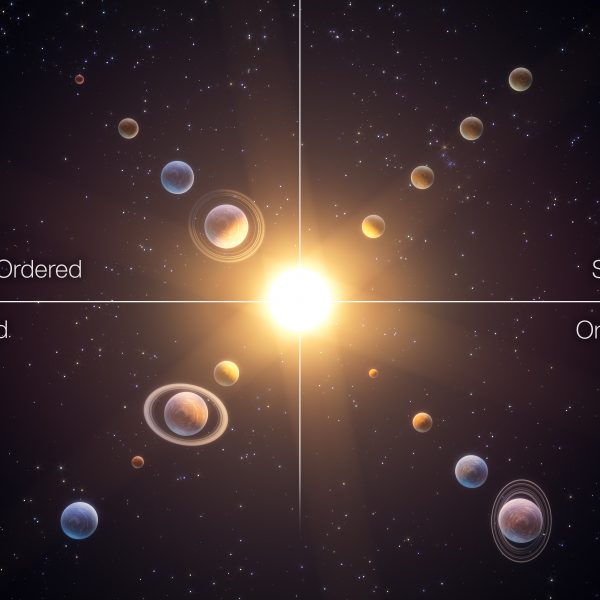News
Mystery of the Martian core solved
Mars’ liquid iron core is smaller and denser than previously thought. Not only is it smaller, but it is also surrounded by a layer of molten rock. This is what ETH Zurich researchers, including NCCR PlanetS project leader Paolo Sossi, conclude on the basis of seismic data from the InSight lander. For four years, NASA’s InSight […]
Continue ReadingLooking out of the bubble
An ambitious space mission could open the way to a better understanding of our heliosphere and of cosmic dust. NCCR PlanetS project leader Dr Veerle Sterken and her team recently published a paper in support of such an ambitious mission which was detailing potential science outcomes for the dust and heliospheric sciences, as well as […]
Continue ReadingA hellish childhood difficult to model.
A team of French and Swiss scientists, including astronomers from the University of Geneva and the National Centre of Competence in Research (NCCR) PlanetS, has published a study leading to rethink what we know about the first climate of the Earth, back when it was still covered in lava. The study, published in the journal […]
Continue ReadingRobot Team to Explore the Moon
Swiss researchers are equipping legged robots with scientific instruments to search for minerals and resources on the Moon. One major strength of these robots is their ability to work as a team: even if one robot fails, the mission continues. On the Moon, there are raw materials that humanity could one day mine and use. […]
Continue ReadingElusive planets play “hide and seek” with CHEOPS
With the help of the CHEOPS space telescope an international team of European astronomers managed to clearly identify the existence of four new exoplanets. The four mini-Neptunes are smaller and cooler, and more difficult to find than the so-called Hot Jupiter exoplanets which have been found in abundance. Two of the four resulting papers are […]
Continue ReadingFour Exoplanets Postdoctoral Research Positions in Geneva
The exoplanet team[1] of the University of Geneva has an opening for 4 postdoctoral researchers to work on a range of topics related to exoplanet detection, characterization and theoretical modelling. These topics are: The detection and characterization of exoplanet systems through high-precision radial velocity measurements (2 positions) – contacts for information: Prof. François Bouchy (bouchy@unige.ch), […]
Continue ReadingWeather report: hot scorching storms of sand on exoplanet VHS 1256 b.
Ever had sand hot whip across your face? That’s a soothing experience compared to the volatile conditions discovered high in the atmosphere of planet VHS 1256 b. Researchers using the James Webb Space Telescope proved that its clouds are made up of silicate particles, ranging from fine specks to small grains. Plus, its near-constant cloud cover is […]
Continue ReadingCHEOPS mission extended
After more than three years in orbit, the mission of the CHEOPS space telescope has just been extended. Led by the University of Bern in collaboration with the University of Geneva, CHEOPS is a joint mission of the European Space Agency (ESA) and Switzerland. On March 7th, ESA’s Science Programme Committee has confirmed its continued […]
Continue ReadingTumultuous migration on the edge of the Hot Neptune Desert
All kinds of exoplanets orbit very close to their star. Some look like the Earth, others like Jupiter. Very few, however, are similar to Neptune. Why this anomaly in the distribution of exoplanets? Researchers from the University of Geneva (UNIGE) and the National Centre of Competence in Research (NCCR) PlanetS have observed a sample of […]
Continue ReadingFour classes of planetary systems
Astronomers have long been aware that planetary systems are not necessarily structured like our solar system. Researchers from the Universities of Bern and Geneva, as well as from the National Centre of Competence in Research PlanetS, have now shown for the first time that there are in fact four types of planetary systems. In our […]
Continue Reading
